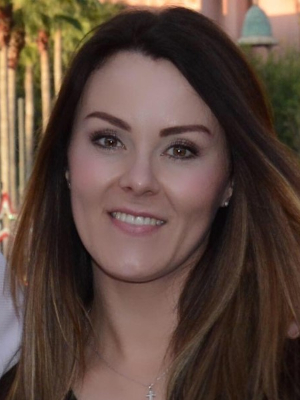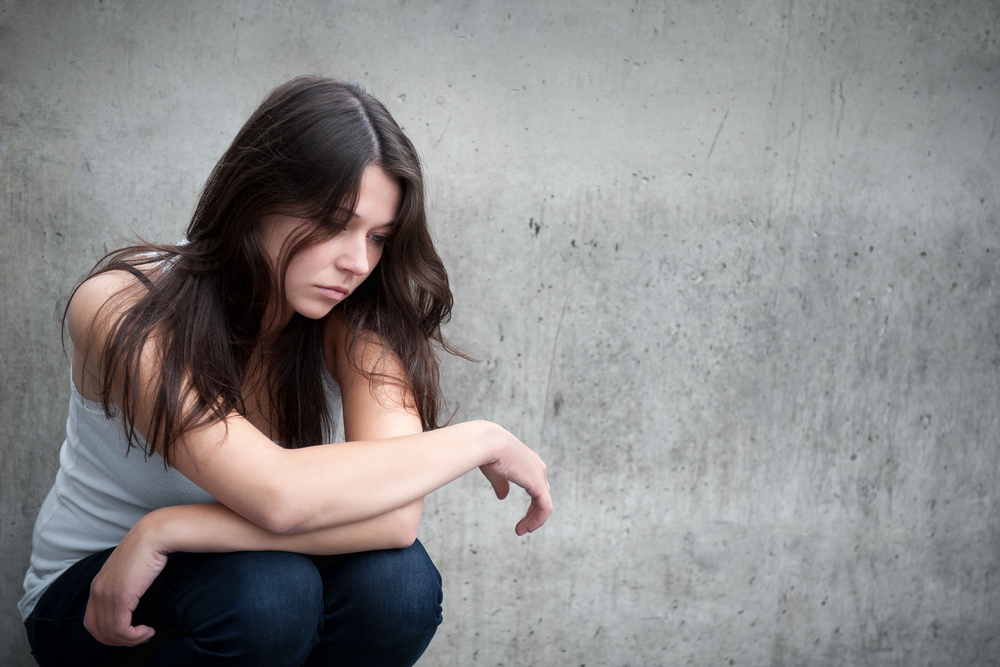Spotting trauma symptoms in someone can be very hard. It is not always very obvious and what can be seen on the outside, doesn’t necessarily always make sense. Trauma can be hidden behind extreme anger, symptoms of depression or anxiety, or feelings of hopelessness. The actual traumatic event could have happened years ago or three days ago.
Trauma occurs when a person experiences something unexpectant, that shocks them to their core, leaving them feeling helpless and hopeless. Sometimes the individual can experience an out-of-body experience which might leave them feeling disconnected from their bodies. These experiences can cause a person to show, not only emotional and psychological symptoms but also physical symptoms, years after the actual event took place.
Different people react differently to traumatic experiences and also deal with these situations differently. For some, an event might cause a lot of emotional turmoil, and intervention is needed for that person to start their way on the road to recovery. For others, that same event might only cause minor frustrations and they can easily move on with their lives.
A few common symptoms experienced among Trauma survivors are:
-
Re-experiencing
Survivors may re-experience their trauma through flashbacks, memories, nightmares, etc. This might cause a lot of unease in a person and trigger various emotions like anger, anxiety, sadness, etc.
-
Avoidance
A lot of survivors might try and avoid anything that might be reminiscent of the traumatic event. Some might avoid the place or certain people linked to the event and others might result in using substances, (smoking, drinking, drugs) to suppress any thoughts and emotions that might remind them of the traumatic event.
-
Thoughts & feelings
Some survivors of trauma might start to experience negative thoughts or feelings that aren’t necessarily linked to the traumatic event itself. These thoughts and feelings might numb the person to an extent that they will lose interest in activities that they once enjoyed doing. Loss of memory is also very common, surrounding the time of the event itself or anything related to the traumatic event. Survivors might form a very negative view of themselves and the world around them.
-
Hyperarousal
- The survivor might seem like they are volatile the whole time. This usually occurs after experiencing a traumatic event. The survivor might become irritable, find it difficult to concentrate, constantly on the lookout for danger around them, difficulty sleeping or oversleeping, feeling anxious, or have impulsive behaviours.
Various therapies can be used to treat trauma survivors. These include, but are not limited to
· Trauma-focused cognitive behavioral therapy
· Trauma-narrative
· Exposure therapy
The benefits of working through their traumatic experiences, are endless for trauma survivors. The survivor can learn to re-establish safety boundaries by learning to identify the triggers that cause them distress in certain situations. By learning more about oneself and the influence the traumatic event(s) had on their lives, the survivor takes back control over their lives by developing healthy coping strategies and eventually reaching a point of homeostasis.
–o0o–
The Author: Marilize Howell

My name is Marilize and I am a wife and mother of 3, (soon to be 4) children. I am passionate about families and relationships and helping members of the family, understand each other better.
I want to help individuals (and families) going through difficult periods, transitions or mental and behavioral problems in their lives. Problems within the marriage, relationship or family doesn’t only affect the individual dealing with the emotions, but it also affects the family as a whole. I know the impact these problems can have on a family system and I am passionate about educating people affected by someone dealing with emotional or behavioral problems and help them find strategies to better cope in these situations.
My areas of interest include, but aren’t limited to:
Marriage and couples’ therapy
Individual therapy
Family therapy
Child sand play therapy
Trauma, loss & grief therapy
Depression and anxiety
My aim is to create a safe space where you can experience empathy from me as if I have walked the road with you…
“One of our greatest freedoms is how we react to things”
~ Charlie Mackesy


